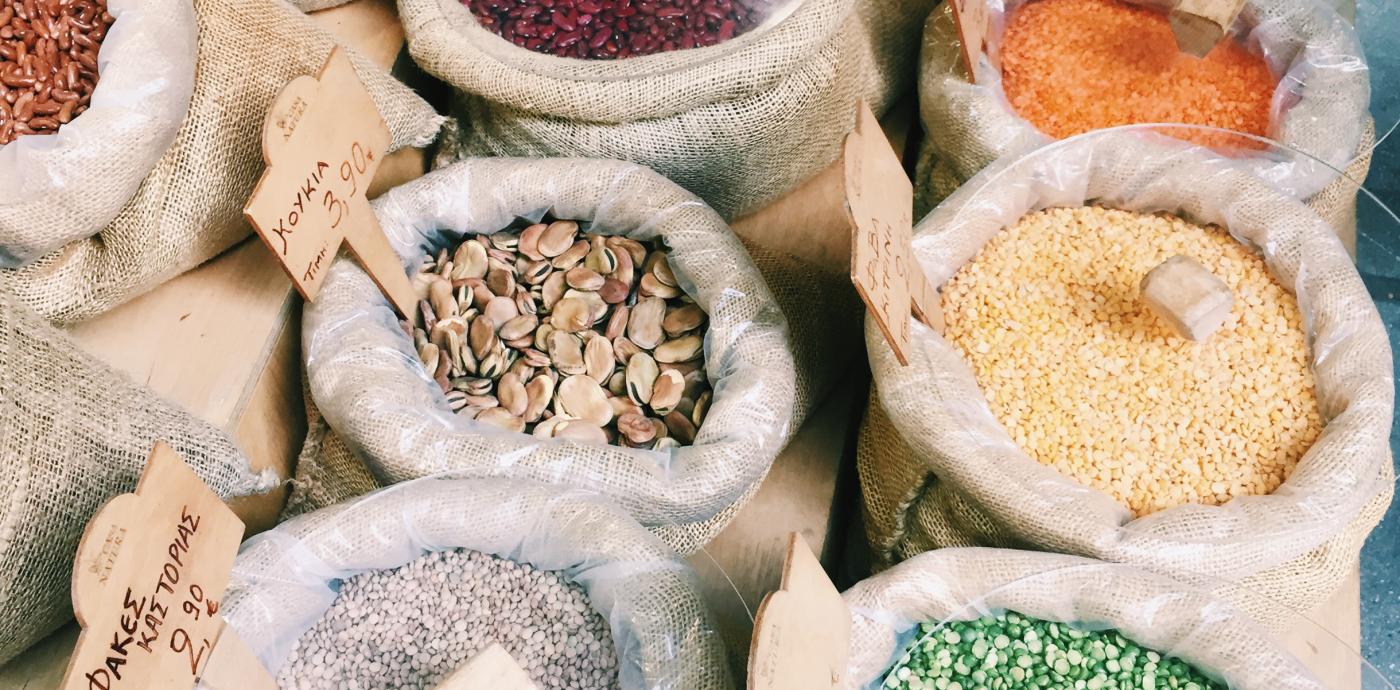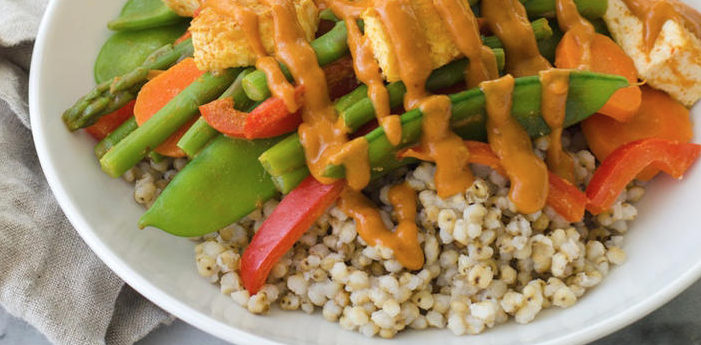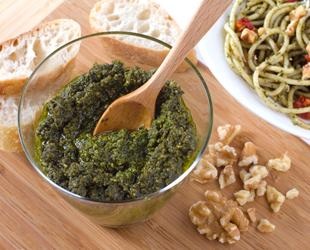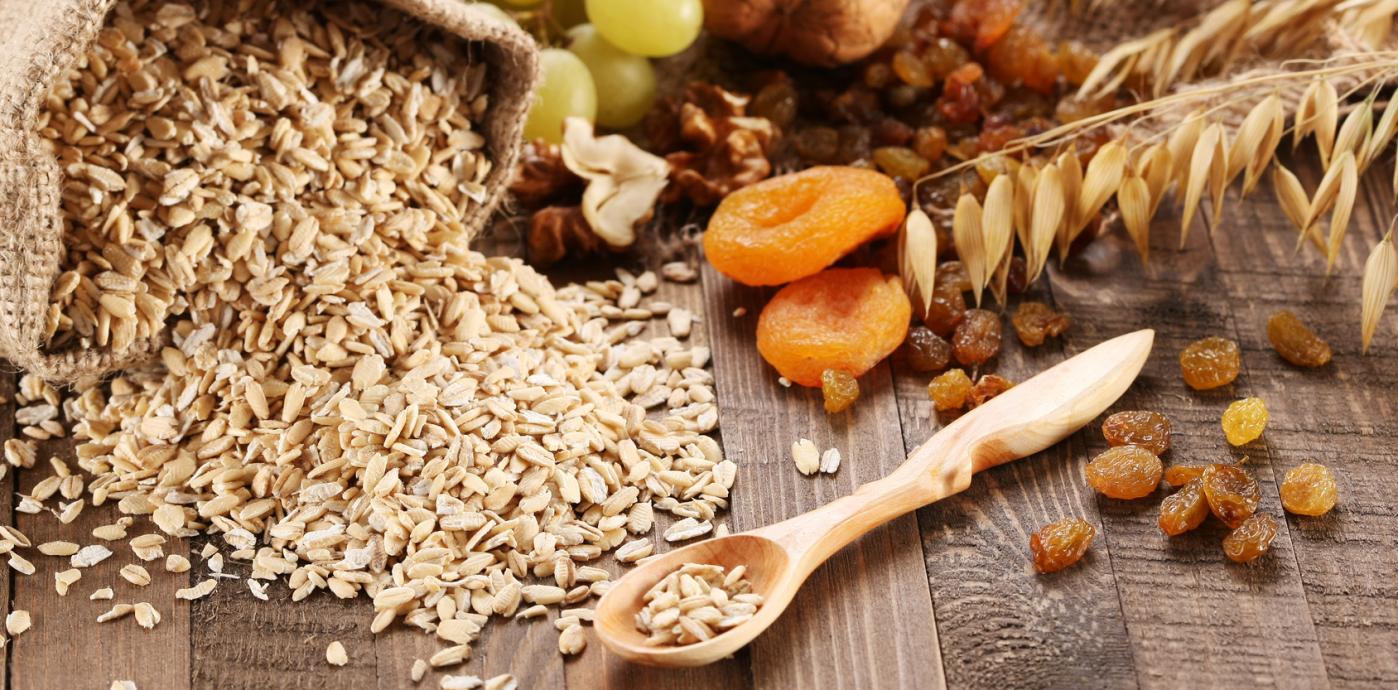Although often defined by what’s excluded no meat, fish, eggs, or milk the real magic of plant-based cookery comes from the artful arrangement of ingredients that leave a lasting impression in their own right. A simple, green salad might be the poster child for vegetarian dishes, but those who best know vegetarian and vegan cuisine are developing hearty plant-based recipes and cooking tricks that are giving mainstream meals a run for their money. Plus, they’re demonstrating how easy it can be to adapt recipes and dishes to be plant-based.
Below, we share some of our favorite plant-based staples, and how you can use them to transform your cooking game, no matter what your dietary preferences.
Tofu
Look beyond the squishy cubes of this soy-based protein source, and you’ll be rewarded with what is quite possibly one of the most versatile refrigerator staples. Leverage its undefinable texture and inconspicuous, agreeable flavor by blending silken tofu into a creamy sauce for pasta, a thick, Ranch-inspired dressing, a deliciously fruity smoothie, or even a chocolate mousse. Tofu’s tendency towards creaminess is unmatched by most other foods in the plant world, making it indispensable to cooks who want to have their cake, and eat it too.
Nuts & Nut Butters
Nuts, seeds, and their butters are a favored finishing touch on recipes, plant-based and otherwise, due to their rich flavor and deliciously fatty mouthfeel. And after soaking them, this food group becomes even more versatile. If properly seasoned, cashew cheese rivals ricotta, perfect for dolloping into salads or layering into lasagna. And with the right blend of spices and sundried tomatoes, soaked walnuts can beautifully transform into a dead ringer for chorizo. But peanut butter is perhaps the most well-known of the bunch, as it adds a lip-smacking deliciousness to Asian-style sauces and African-inspired stews.
Grains & Beans
Nothing adds body to a vegetable dish quicker than the addition of grains or beans. Light, leafy salads transform into hearty entrees when tossed with warm farro or quinoa, while chickpeas lend protein and a satisfying bite. Lentils and split peas melt into deliciously thick stews with no cream needed, and surprisingly, brown rice and other leftover cooked whole grains can create a similar effect. Similarly, with a handful of seasonings and a whirl through the blender, hummus and capers can even become the base of a plant-based Caesar salad dressing.
Delicious and nutritious recipes are not the elusive unicorn of the culinary world. In fact, healthy, tasty recipes are found in abundance in both traditional diets around the world, as well as from a generation of risk-taking, vegan chefs. To get these ingredients, and more, into your repertoire, browse our collection of heritage inspired recipes, then roll up your sleeves and get cooking.
Kelly Toups, RDN, Oldways Whole Grains Council program director










Leave a comment